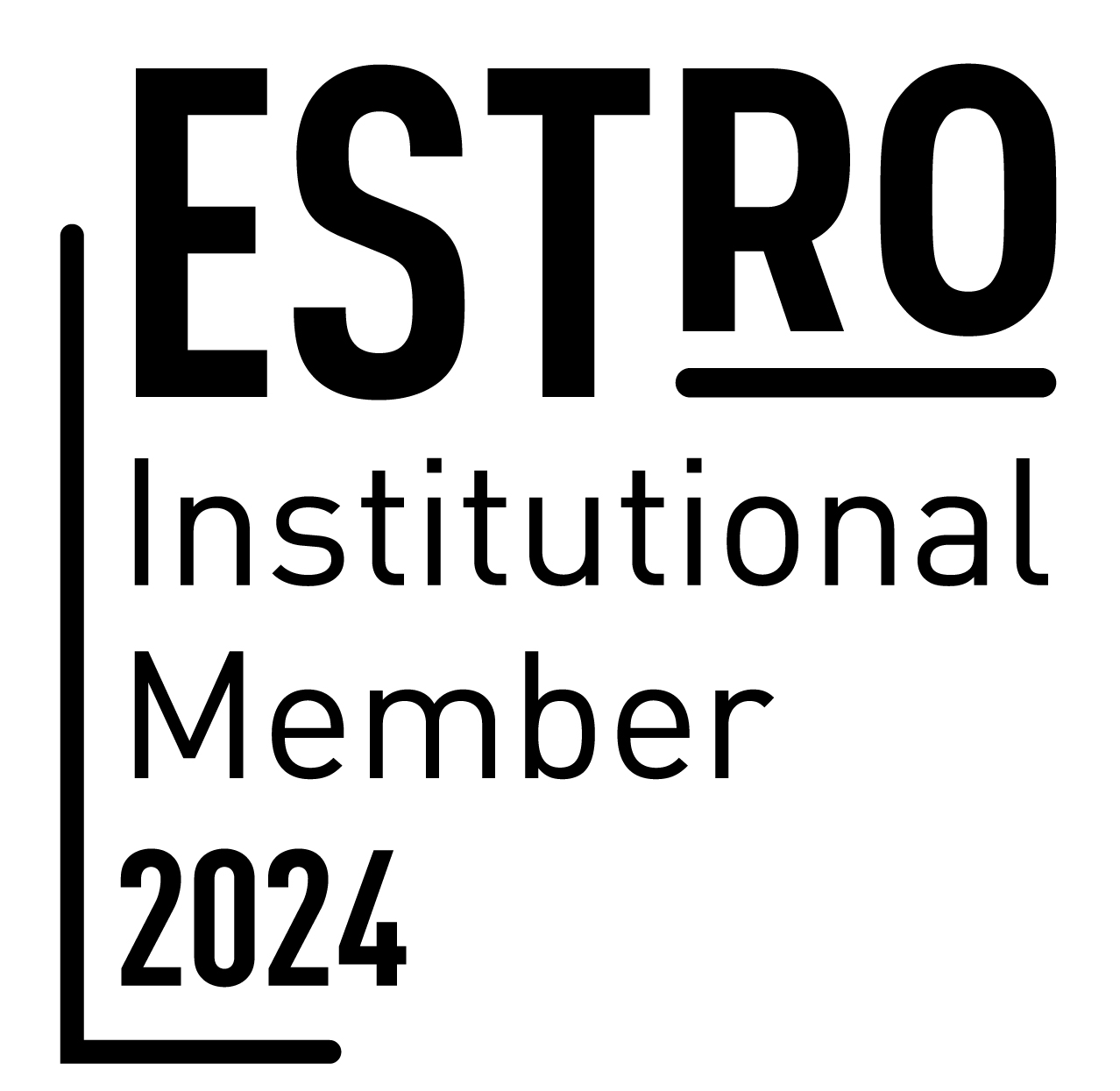Pathologies that can be potentially treated with hadrontherapy
Re-treatment of tumours in already irradiated locations
Want to submit your case? Click HERE
Treating neoplasms using hadrontherapy has significant advantages over traditional therapy, both in radio-resistant tumours and inoperable tumours due to a complicated location of the tumour mass or the patient's medical condition.
In addition, this highly advanced form of radiotherapy, based on the use of protons and carbon ions, proves to be particularly effective to treat tumours located in areas of the body that have already been irradiated.
This is possible thanks to the nature of hadrons. The physical properties of these nuclear particles lead to a more accurate treatment, providing better ability to attack the tumour while sparing nearby tissues. Furthermore, when carbon ions are used, they show a greater capacity to overcome the resistance to radiation that some types of malignancies show.
Hadrontherapy could mean a chance to many cases, thanks to its optimal dose distribution and to sparing nearby organs that have already received a previous dose of radiation therapy. The radiation dose administered to the patient is optimally distributed, making hadrontherapy more functional for its purpose and less critical for the patient in order to avoid permanent health complications.
Re-treatment is quite complex; therefore, each individual case has to be evaluated by specialist doctors in order to set the best therapeutic approach. A treatment so personalised guarantees a higher efficacy of the therapy.













